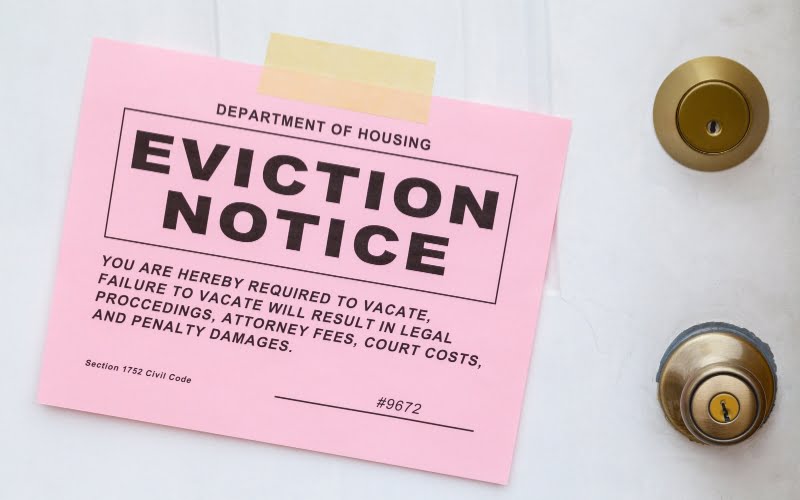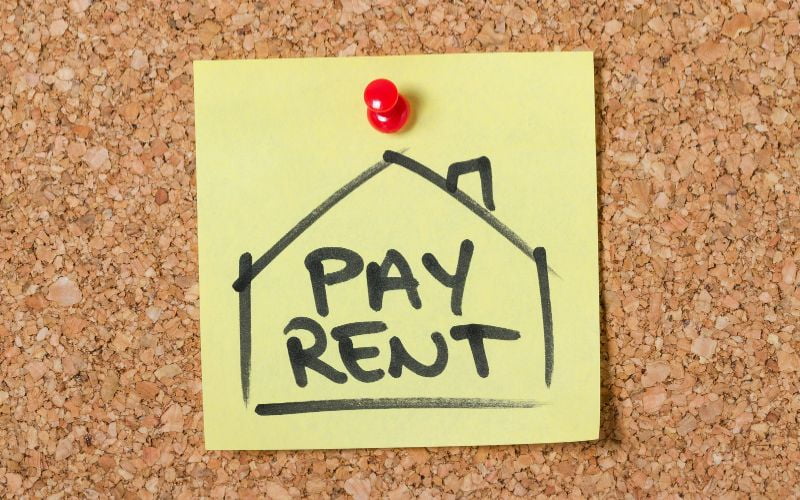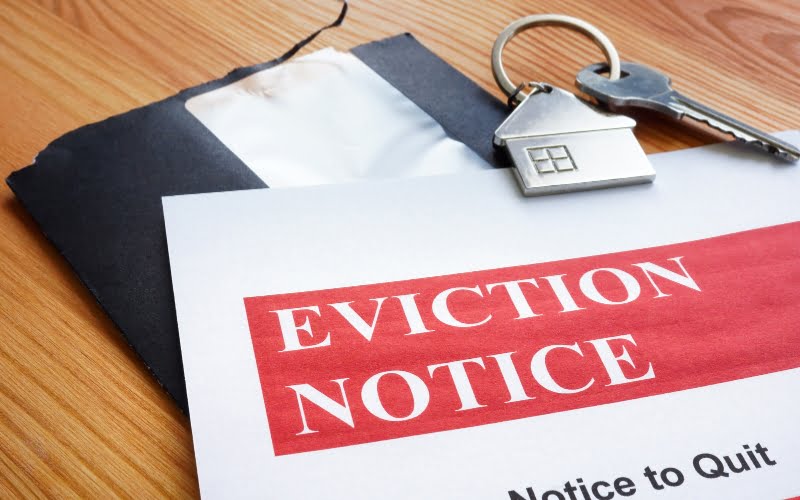Last Updated on March 18, 2024 by Kelvin Nielsen
The Uniform Residential Landlord & Tenant Act (AS 34.03.010 – 34.03.360) gives landlords certain rights. Among these is the right to evict a tenant for certain legally justified reasons, such as
To begin the process, you must first serve the tenant with an appropriate eviction notice. The Alaska 30-Day Eviction notice is one of them!
According to the Alaska Landlord-Tenant Act, the 30-day notice only applies where the landlord wants to evict a tenant for having no lease or after the expiry of the lease. If evicting a tenant for any other reason, you must use other types of eviction notices.
For example, if evicting a tenant for nonpayment of rent, then you must use a 7 Day Eviction Notice.
In this blog, you’ll learn everything you need to learn about the Alaska 30 Day Eviction Notice.
Alaska Landlord Tenant Act 30-Day Eviction Notice
The following are answers to frequently asked questions on the topic.
What is the 30-Day Eviction Notice in Alaska?
Under Alaska law, landlords can evict tenants who don’t have a lease or those who have a lease that has expired. To begin eviction proceedings against the tenant, you must serve them a 30-day eviction notice.
This will give the tenant a maximum of 30 calendar days to move out or else risk getting evicted. If the tenant doesn’t move out within 30 days, you can move to court and file an eviction lawsuit against them.
The court will subsequently issue you with a copy of the Summons and Complaint, which will need to be served on the tenant by a process server or sheriff.
You’ll then need to wait for the tenant to answer. This will give the tenant an opportunity to fight or stop their eviction if they have a legal defense. Examples of legal defenses the tenant may give include the following.
- The eviction is discriminatory.
- The eviction is a retaliatory action.
- The tenant has a valid lease agreement.
- The eviction notice had substantial errors.
Next, both parties will need to attend the eviction hearing. In Alaska, it normally takes 15 days after the filing of a complaint with the court for a hearing to be held. If the judgment is in your favor, the court will issue you with a Writ of Assistance. This will authorize the sheriff to remove the tenant by force (if need be).
How must a landlord write a 30-Day Eviction Notice in Alaska?
For the notice to be effective, you must ensure that it contains all the important information. For starters, you must ensure it mentions the following.
- Names of all adult tenants.
- The rental property’s address.
- Any rent balance that the tenant hasn’t paid and where they must pay it before leaving.
- The date the tenant needs to have moved out of the property.
- The date of serving the notice.
- Your signature.
- Your address and phone number.
How must a landlord serve the 30-Day Eviction Notice in Alaska?
In Alaska, a landlord must serve an eviction notice in any of the following ways.
- In-person.
- Hand delivery to a person of a suitable age. You must then mail another copy to the tenant via certified or registered mail.
- Leave a notice in a conspicuous place. You must then mail another copy to the tenant via certified or registered mail.
How long does it take to evict a tenant in Alaska?
Expect to finish the process anywhere between one and two months. However, it may also take longer depending on a few things. Including, the reason for the eviction and whether the tenant puts up a fight to stop or delay their eviction.
Conclusion
The Alaska Landlord Tenant Act requires landlords to follow a strict tenant eviction process. To evict a tenant who doesn’t have a lease or whose lease has expired, you must serve them a 30-day eviction notice. The next course of action will then depend on whether the tenant vacates the unit or remains on the property.
Disclosure: The content herein isn’t a substitute for advice from a professional attorney. It’s only meant to serve educational purposes. If you have a specific question, kindly seek expert attorney services.
Sources: https://legaltemplates.net/form/eviction-notice/alaska-ak/, https://law.justia.com/, https://www.law.alaska.gov/department/civil/consumer/3403010.html, https://courts.alaska.gov/shc/housing/startevictioncase.htm#:~:text=The%20court%20holds%20an%20eviction,the%20Tenant%20has%20to%20move., AS 34.03.010 – 34.03.360

Hi, I’m Kelvin Nielsen, an experienced landlord and accomplished real estate lawyer. My focus is on answering your questions about renting in the hopes of making your life as a renter or a landlord a bit easier.







